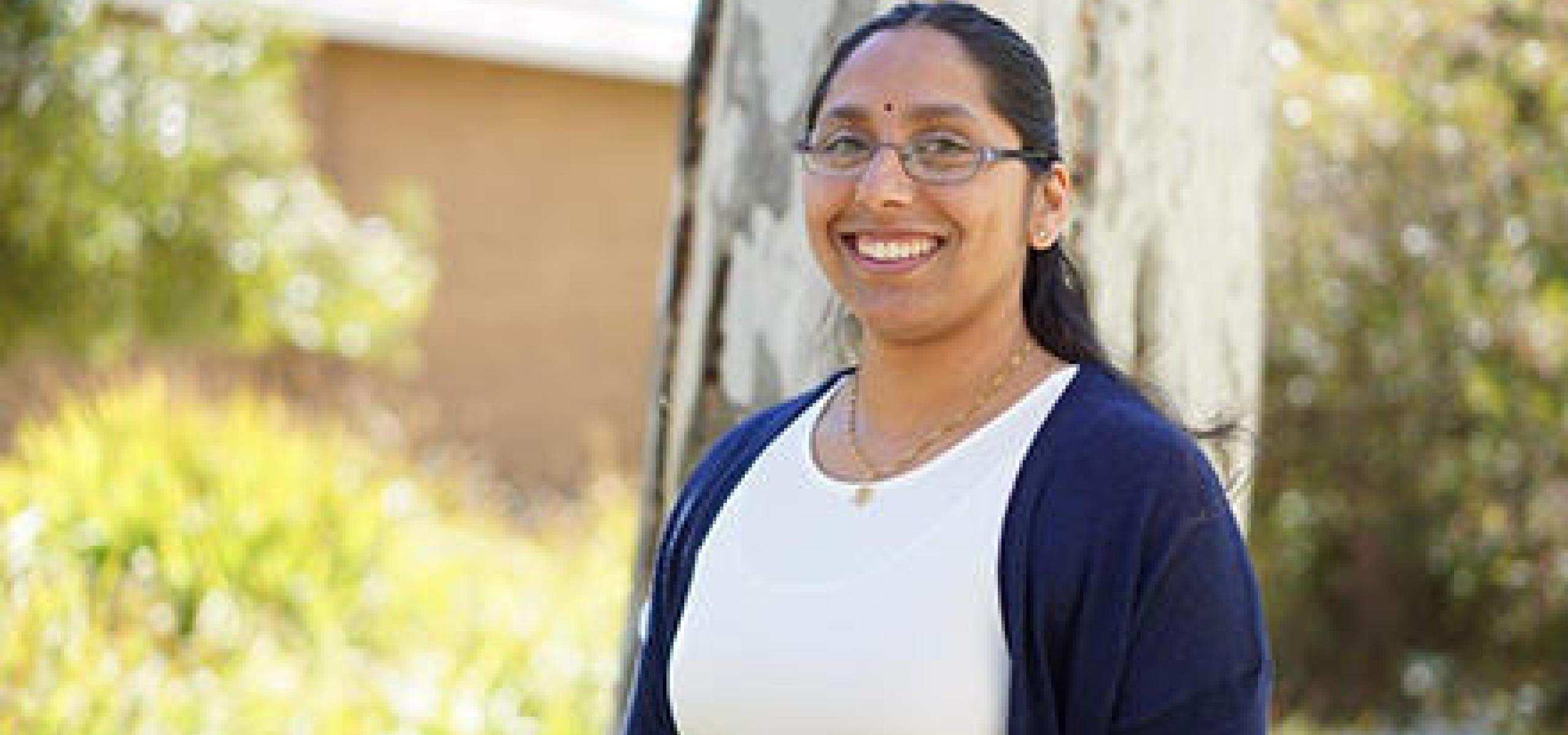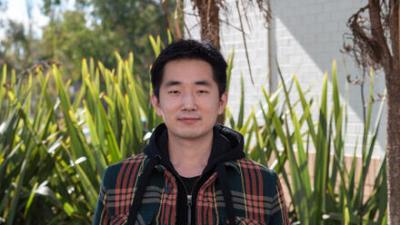
Degree
Master of Diplomacy/Master of Laws (International Law)
Degree type
Postgraduate
Favourite course
Negotiation and Conflict Resolution (DIPL8004)
What motivated you to study the Master of Diplomacy/Master of Laws (International Law), and why did you choose ANU?
During my undergraduate degrees in law and Asian Studies, I had already formed a strong interest in public international law, particularly around conflict and peace, human rights, and international humanitarian law. I knew long before graduating that I wanted to pursue further studies in these areas. When looking for Masters programs, the chance to combine international law with diplomacy was the primary reason for selecting ANU.
What are the program’s key strengths?
International law and diplomacy are incredibly interrelated; you cannot divorce one from the other. People often say that international law is “soft”, that it has no teeth. In many ways, diplomacy is international law’s “teeth”. Diplomacy is what ensures international law is created and enforced, and diplomacy ensues when international law is breached or violated. Studying both diplomacy and international law gives students a holistic training in this field that neither program alone can deliver.
What was your favourite course in the program and why?
Without question, Negotiation and Conflict Resolution (DIPL8004) is a favourite for almost every student in the program. The highlight of this course is a weeklong intensive negotiation workshop. Not only is it a fantastic opportunity for practical experience, but the simulations are incredibly realistic. During the workshop, students engage with current real-world crises, such as the de-nuclearisation of the Korean Peninsula, UN Security Council resolutions on the Yemeni Civil War, and climate change negotiations. It creates the perfect environment to bring together the years of legal and diplomatic training. It was still a highlight when revisiting the course as a tutor several years later.
Are there any particular skills, experiences, or knowledge you gained over the course of your program? If so, what were they?
The skills and experiences I have gained from doing Master of Diplomacy/Master of Laws (International Law) are genuinely too numerous to list. Perhaps the key benefit is the ability to bring an interdisciplinary perspective to analysis. This is a skill that is increasingly valued by employers. Linked to this is a more developed and nuanced understanding of how international law and diplomacy actually work. Doing the double-degree gave me a definite edge over my peers and made me a stronger student.
Has your degree led you to any overseas opportunities? If so, can you tell us about them?
Going to Geneva, Switzerland as part of International Organisations (Geneva) (LAWS6258) was an invaluable opportunity. Meeting representatives from international organisations and NGOs whose daily lives revolve around the intersection of diplomacy and international law reinforced the importance of doing this program.
More recently, my current PhD research examines state engagement with “bad” non-state actors, such as terrorists and armed non-state actors. This research is interdisciplinary, drawing heavily from both diplomatic studies and international law. As part of this research, I get to conduct fieldwork around the world, and am eagerly looking forward to presenting some of this research at an upcoming conference in Hawaii.
How has your degree supported your career?
My career aspiration is to join the academe and foster a love for learning and questioning the status quo among the next generation of students. In addition to providing the basis for my doctoral research (a necessary step along this journey), the degrees in international law and diplomacy broaden the fields, pedagogies, and methodologies I can draw on to teach. This variety and flexibility has been well received by my students so far. In particular, I love to find opportunities for my students to apply theory to practical situations. My background in diplomacy and international law, both of which promote practical application and real-life experiences, have definitely shaped my approach to teaching and learning.
Why do you think it is important to study international law and diplomacy in the current global climate?
Due to globalisation and improvements in information and communication technologies, the current global climate is one of hyper-connectivity. Not only are state borders porous, but the state is no longer the sole joinder of identity. Whether we like it or not, we are truly part of an international community. As such, it is vital that we have norms and structures in place to navigate this increasingly complex global climate. And, of course, trained diplomats and international lawyers to engage with and reign in this complexity!
Find out more about the programs and courses we offer at a postgraduate level.


